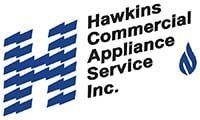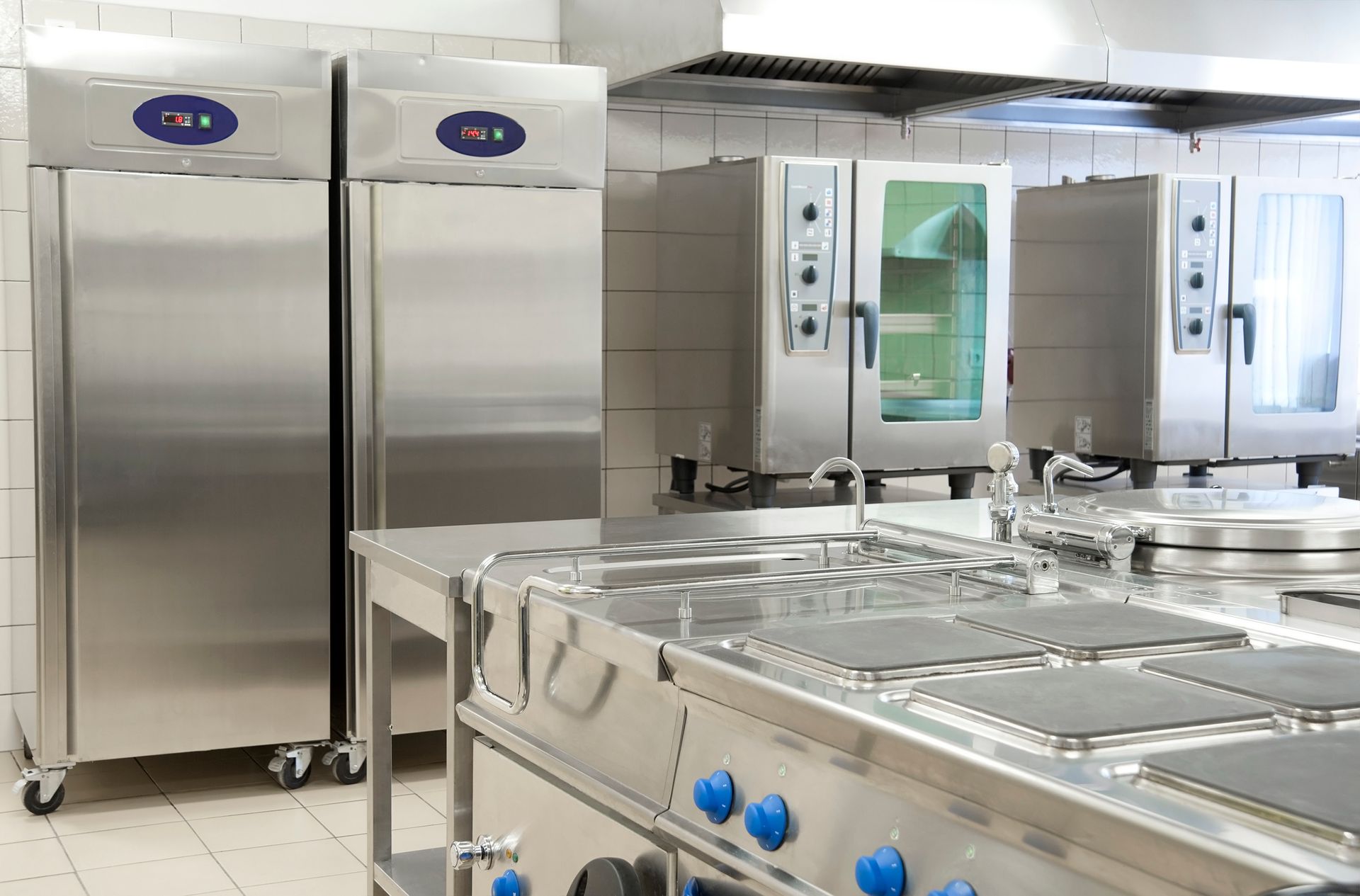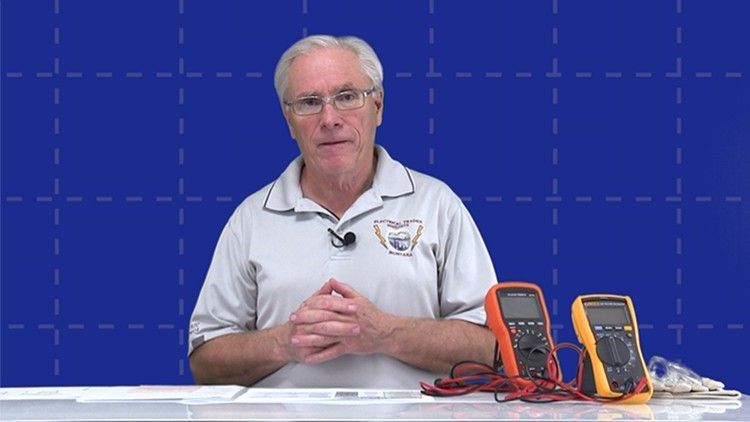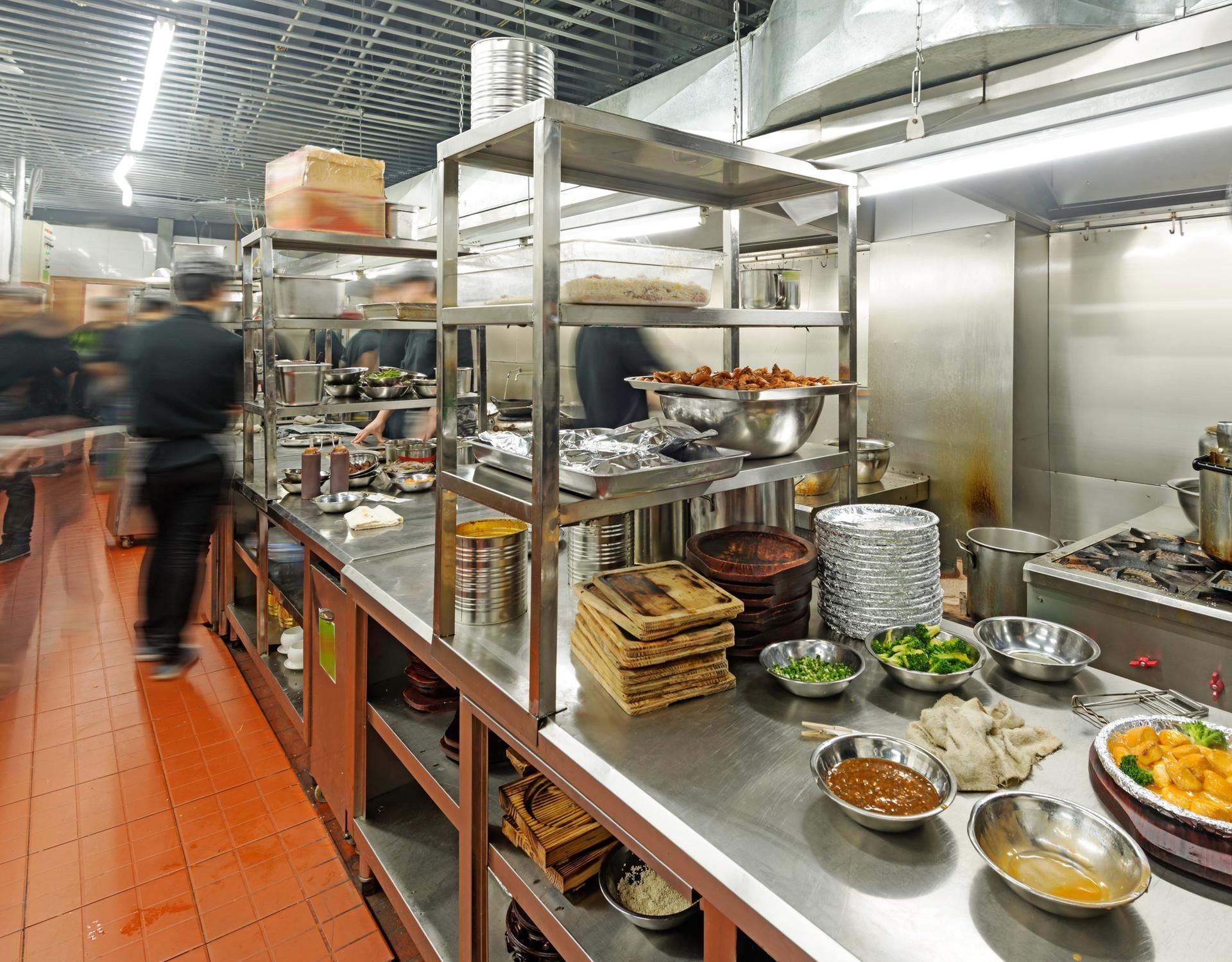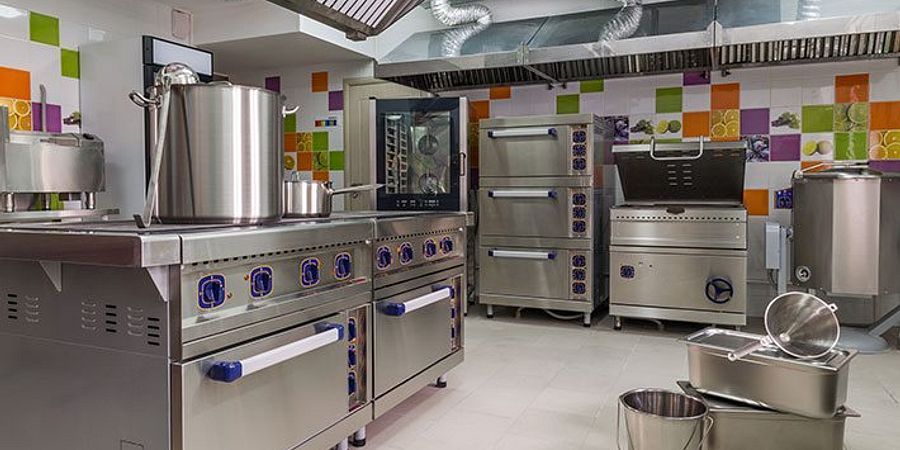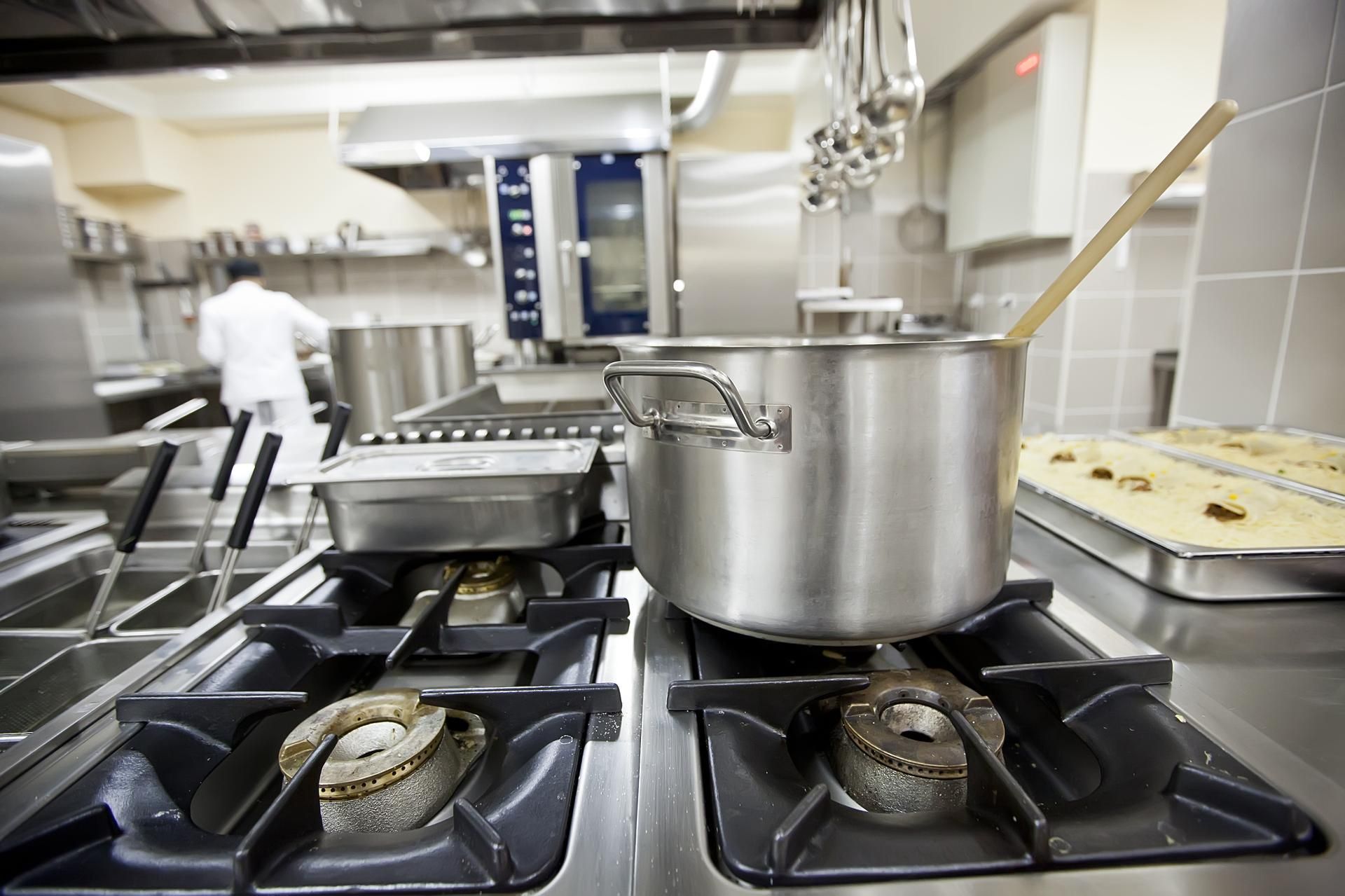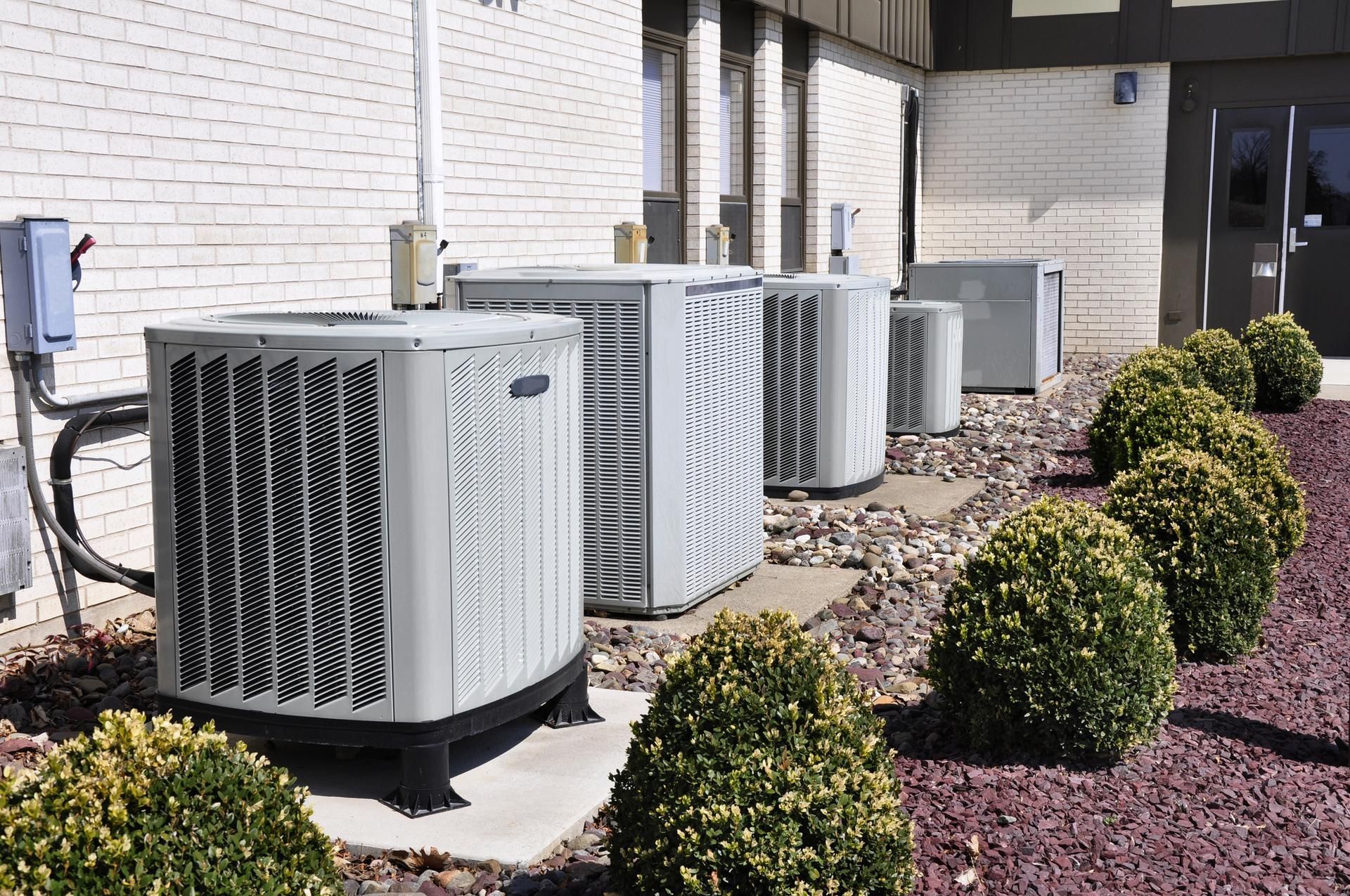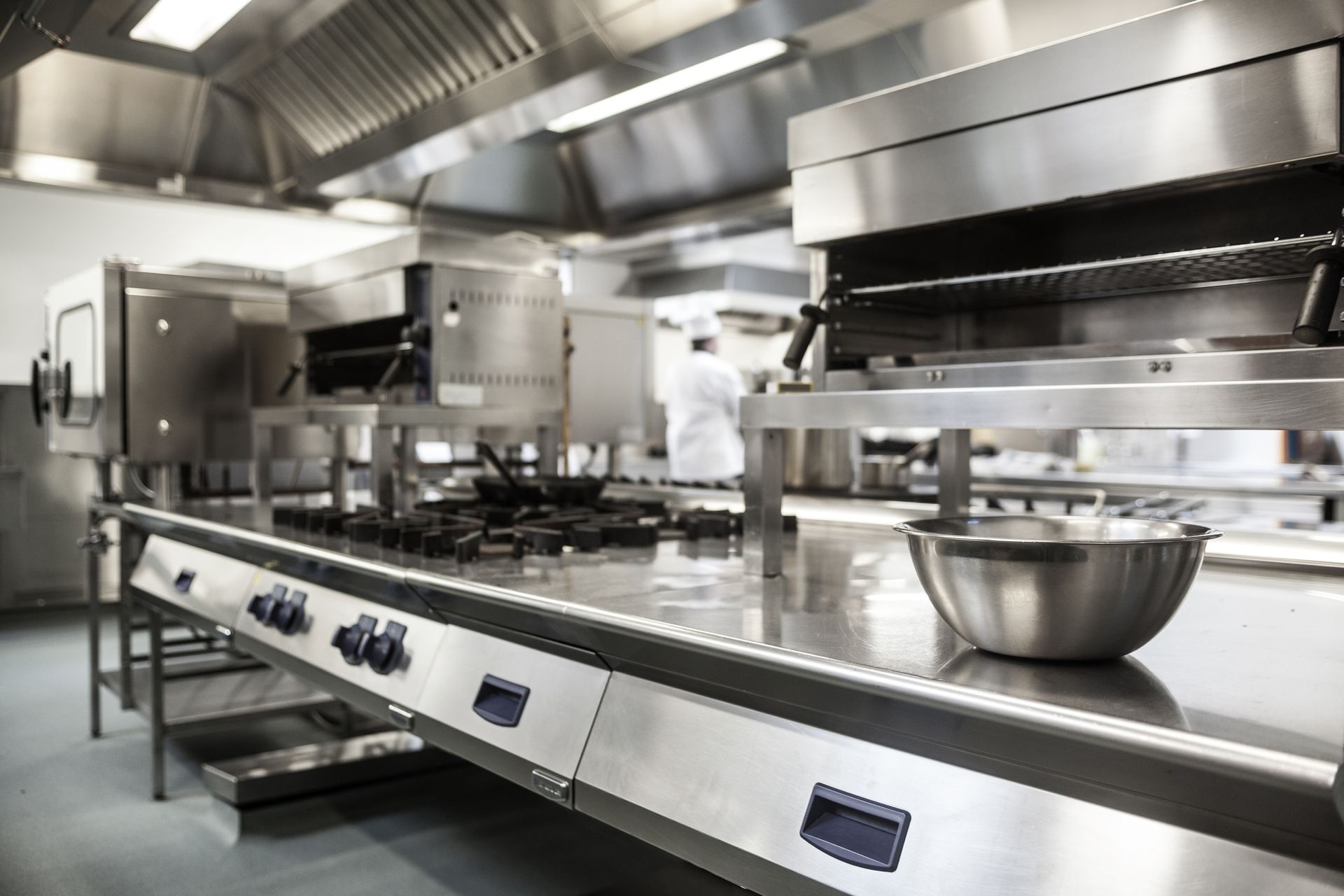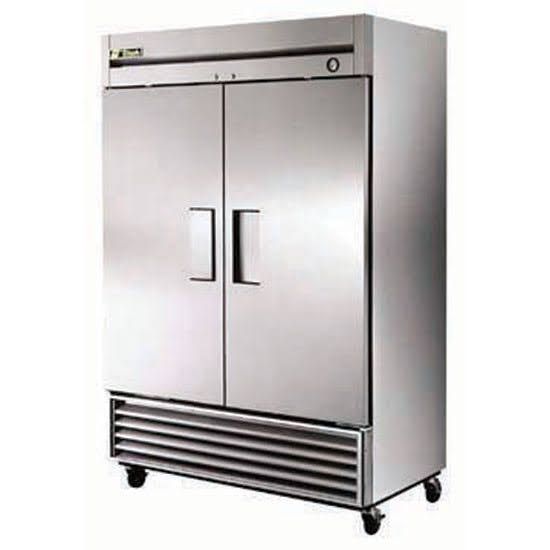Misconceptions About Commercial Refrigerators
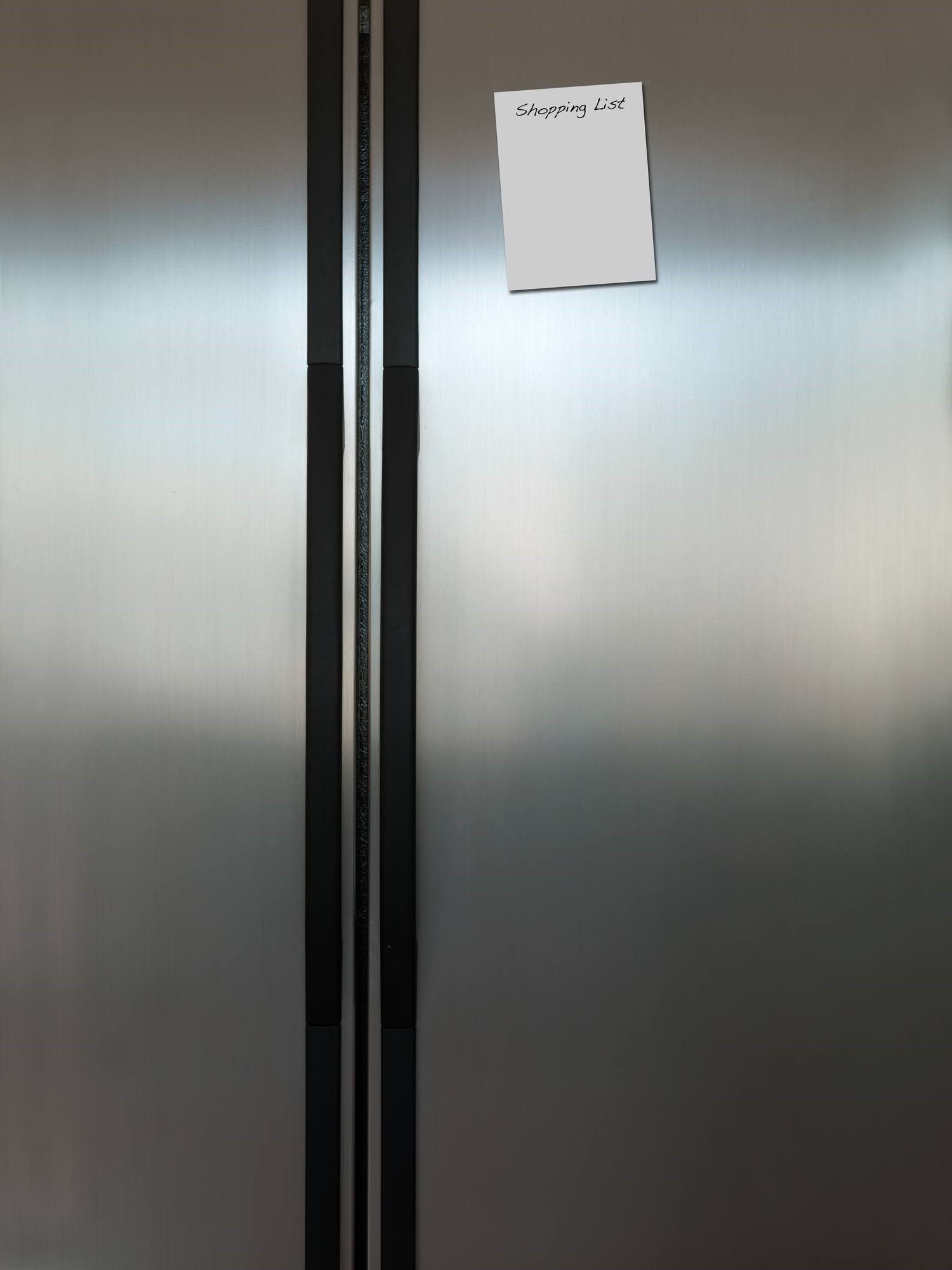
Commercial refrigerators are an essential component of the professional kitchen. However, several misconceptions exist that laypeople often associate with these appliances. These misunderstandings can lead to poor purchase decisions, maintenance problems, and even safety hazards.
In this blog, we will address some of the most common misconceptions about commercial refrigerators and provide accurate information to help you make informed decisions about these important pieces of equipment.
Truth: Commercial Fridges are Energy Inefficient
Businesses can access various energy-efficient choices that reduce energy consumption and lower utility expenses. Thanks to technological advancements, today's refrigerators are twice as energy-efficient as those produced a decade ago.
In addition, some commercial freezers arrive equipped with energy-saving technologies, such as automatic defrost cycles, that save energy use by turning the unit off and on at specific periods. In addition, many commercial freezers bear Energy Star certifications, which indicates that they meet or exceed Environmental Protection Agency (EPA) energy efficiency guidelines.
Many of these features and technological advancements have made commercial freezers significantly more energy-efficient than in the past.
Myth: Commercial Fridges Can Store Foods and Ingredients Indefinitely
While you can freeze most food products and ingredients for short-term storage, the quality and flavor of many meals can diminish over time when stored in a commercial refrigerator. In addition, the length of time a commercial refrigerator can hold food depends on the type of food and the storage temperature.
For example, you can store raw meat in a freezer for four to twelve months. However, you can only store cooked meat for four months at the appropriate temperature. You can keep fruits and vegetables for eight to twelve months, whereas soups, stews, and casseroles can stay for two to three months.
Certain goods, such as dairy products and meats, might degrade more quickly when frozen, and freezing can alter the texture and flavor of some foods. Keep an eye on the expiration date of food stored in a commercial refrigerator and understand the limitations of your freezer's storage.
Myth: Commercial Fridges are Difficult to Transport and Install
While some commercial refrigerators can be difficult to transport and install, this is not always the case. In reality, many commercial refrigerators on the market now offer transportable and installable features.
In any case, be sure to hold the commercial refrigerator upright to decrease the vibrational stress caused by the compressor's normal operation when you transport it. In addition, let the refrigerant and oil in the compressor to settle for a minimum of six hours after transport before you turn on the freezer.
Myth: Commercial Fridges Are Hard to Maintain
You may have heard that commercial refrigerators are difficult to maintain, but this is not necessarily true. Contrary to popular belief, maintenance of a good-quality commercial fridge is more straightforward than you might assume. You can keep your business refrigerator operational longer if you invest the time and resources to maintain it.
Note, however, that the maintenance and upkeep of business refrigerators do not consist solely of cleaning the appliance. You must inspect all refrigerator components, including the condenser, evaporator coil, and compressor for signs of damage or wear and tear. Also, ensure the temperature settings are at the optimum levels and activate correctly. If any parts need replacements, hire a professional technician.
Myth: Commercial Fridges Are Not Worth the Investment
Commercial refrigerators are incredibly dependable and frequently customizable. You can obtain a durable, dependable refrigerator without breaking the bank with the appropriate service provider. Because of the range of available models, you can select one that suits your requirements and budget.
Contact us at Hawkins Commercial Appliance to purchase and maintain commercial refrigerators today. We offer our services to businesses located in Arvada, Boulder, Pueblo, and Englewood, CO.
